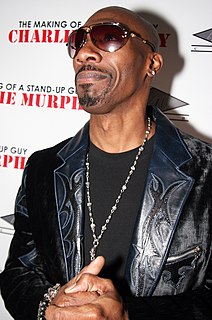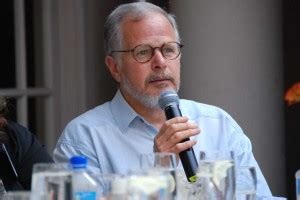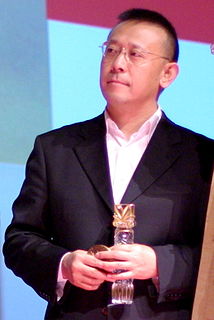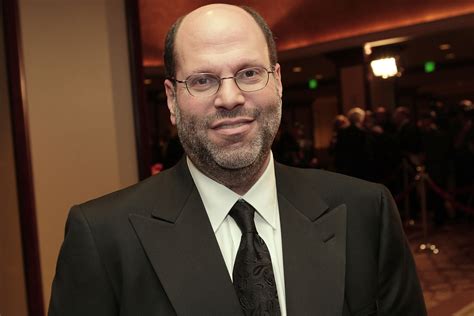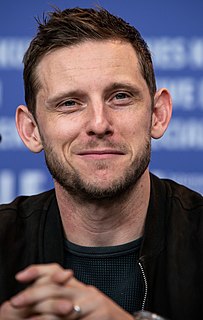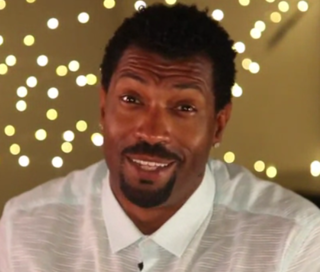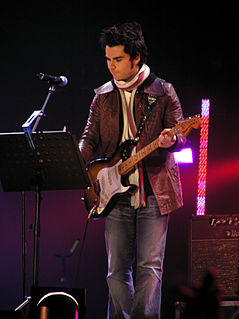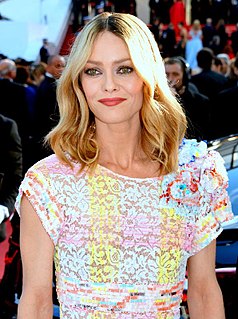A Quote by Tracy Morgan
When I want to work on my material, I go to Benihana or the barbershop.
Quote Topics
Related Quotes
A big part of making an album is that you want to have enough material - you want to have enough stuff for people to hear and know that it represents you. So it does sometimes turn into a situation where you're saying to the person you're working with, "Well, what do you want?" But then there are other times when I work with people and they'll turn to me and say, "How do you want to do this?" And that's actually when I work best.
Those titles, Executive Producer or actor, are unimportant. I always try to approach my role as an artist. The first thing you want to do, that you attempt to do as an artist, is to have some sort of input into the material that you are working on. That is how my process begins; I say to myself: "I want to do this kind of work or I want to do that kind of work."
To maintain a consistency when people come to see the band takes a lot of work; it takes a lot of discipline. I go to the studio every day and sing and play. I never did that when I was, like, 30. I'd probably have a drink and walk on - and see what comes out. But now if there's ten albums' worth of material people are coming to hear some of, and they've paid money for a ticket, you become a different person when you go on and you want to give the best show you can. You want to be better at what you do.


